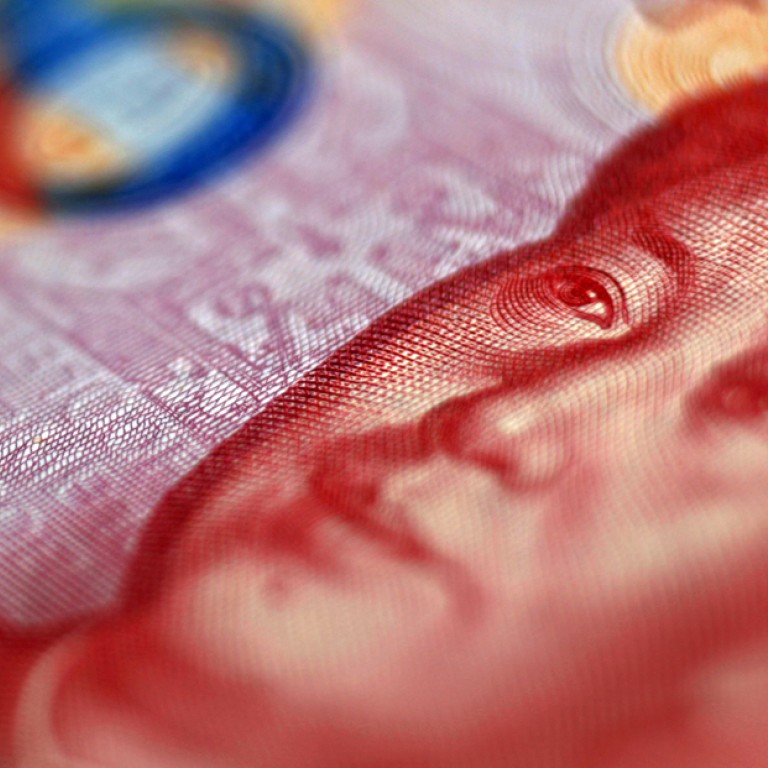
Ideas on government from the past give insight into our present
Ideas on government from Cicero, Mencius and Mao give perspective on where we stand today
Cicero, the great Roman lawyer and statesman, gave primacy to moral standards over laws. For him, the government had a moral obligation to protect people's lives and property. The ruling elite had to earn the people's favour with virtues like good character and public conduct.
Although he had more faith in the elite in making political judgments, Cicero believed the body of citizens, the "populus", should be the ultimate source of power and have the right to ratify laws and elect officials.
The administration of government "ought to be directed to the good of those who confer, not of those who receive the trust. The arrogance of officialdom should be tempered and controlled".
Ideas of virtues-based politics and government by consent are not limited to the West. For Mencius, the second sage of Confucianism in China, the people were the most precious, the state next, and the ruler the least. A ruler's mandate was maintained only if he had virtues and fulfilled his responsibilities.
Both Cicero and Mencius were peace-loving, but endorsed the people's right to change their government or rebel if it runs amok and fails in its obligations.
The UN Universal Declaration of Human Rights lays down democratic government as a universal principle. Article 21(3) says: "The will of the people shall be the basis of the authority of government; this will shall be expressed in periodic and genuine elections which shall be by universal and equal suffrage and shall be held by secret vote or equivalent free voting procedures."
Democracy is a civilised and ethical way of public life. It means making the government accountable to the governed, and allowing peaceful change of government and political contestation. The rights of the people to take part in public affairs are respected.
No one in power would explicitly reject democracy. But how democracy is taken and practised varies with context.
The late Robert Dahl, a political science professor of Yale University, said the challenge of democratisation was whether popular participation and political contestation could genuinely be tolerated and institutionalised. It is whether citizens can take part as political equals and be given opportunities to signify their preferences and have them weighed reasonably in the conduct of the government.
Mao Zedong also talked about democracy and freedom, in an influential 1957 speech on dealing with "internal contradictions among the people". But his theory was based on class struggle. He said freedom should not be without socialist discipline, nor should democracy be without centralism, meaning observing the decisions of the party.
Mao's thoughts form the basis of democratic centralism, which is laid down as Article 3 of China's constitution.
History and theory always offer inspiration and perspectives in understanding our present situation.
